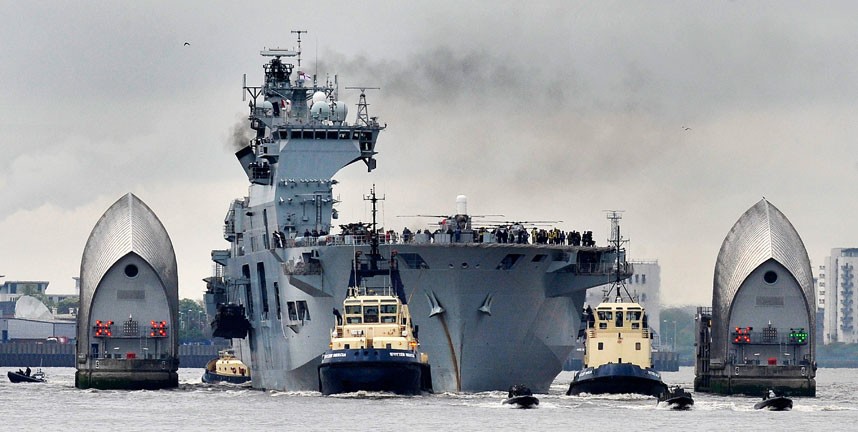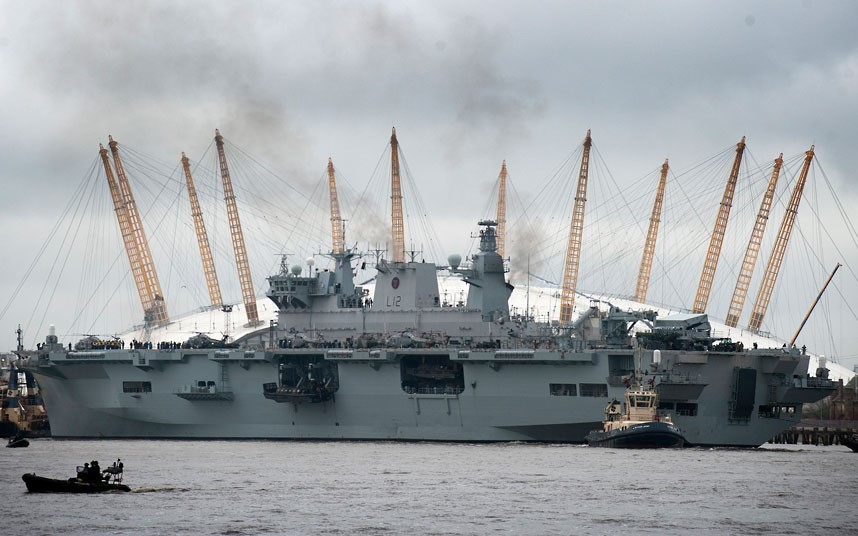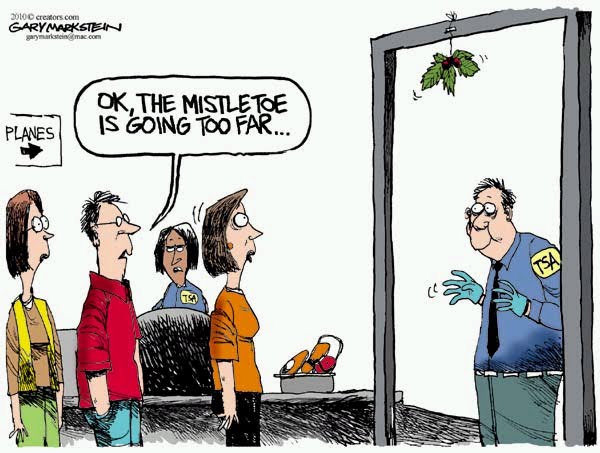Chris Morran on Consumerist excerpts a Facebook post from a Montana mom, Michelle Brademeyer, who was flying home from Kansas with her two young children and their grandmother. Grandma apparently triggered some alarm at the checkpoint, and was forced to have a seat and wait to be groped by an agent. That’s when the 4-year-old ran over to give Granny a hug. Sweet — until the TSA went all police state on them. The mother writes:
[. . .]
First, a TSO began yelling at my child, and demanded she too must sit down and await a full body pat-down. I was prevented from coming any closer, explaining the situation to her, or consoling her in any way. My daughter, who was dressed in tight leggings, a short sleeve shirt and mary jane shoes, had no pockets, no jacket and nothing in her hands. The TSO refused to let my daughter pass through the scanners once more, to see if she too would set off the alarm. It was implied, several times, that my Mother, in their brief two-second embrace, had passed a handgun to my daughter.
My child, who was obviously terrified, had no idea what was going on, and the TSOs involved still made no attempt to explain it to her. When they spoke to her, it was devoid of any sort of compassion, kindness or respect. They told her she had to come to them, alone, and spread her arms and legs. She screamed, “No! I don’t want to!” then did what any frightened young child might, she ran the opposite direction.
That is when a TSO told me they would shut down the entire airport, cancel all flights, if my daughter was not restrained. It was then they declared my daughter a “high-security-threat”.
[. . .]
The TSO loomed over my daughter, with an angry grimace on her face, and ordered her to stop crying. When my scared child could not do so, two TSOs called for backup saying “The suspect is not cooperating.” The suspect, of course, being a frightened child. They treated my daughter no better than if she had been a terrorist…
A third TSO arrived to the scene, and showed no more respect than the first two had given. All three were barking orders at my daughter, telling her to stand still and cease crying. When she did not stop crying on command, they demanded we leave the airport. They claimed they could not safely check my daughter for dangerous items if she was in tears. I will admit, I lost my temper.
Finally, a manager intervened. He determined that my child could, in fact, be cleared through security while crying. I was permitted to hold her while the TSO checked her body. When they found nothing hidden on my daughter, they were forced to let us go, but not until after they had examined my ID and boarding passes for a lengthy amount of time. When we arrived at our gate, I noticed that the TSOs had followed us through the airport. I was told something was wrong with my boarding pass and I would have to show it to them again. Upon seeing the TSO, my daughter was thrown into hysterics. Eventually, we were able to board our flight.
Terrorize ’em young and they stay terrorized, pliable, and afraid to confront authority. It won’t be long before the TSA is Tasing ’em before they can run away (if they don’t already have that power).






